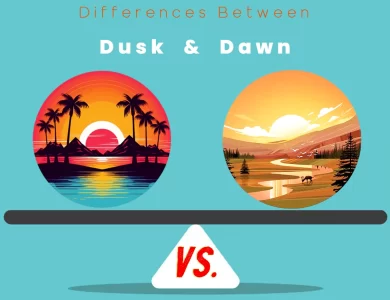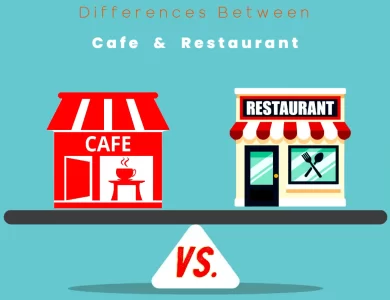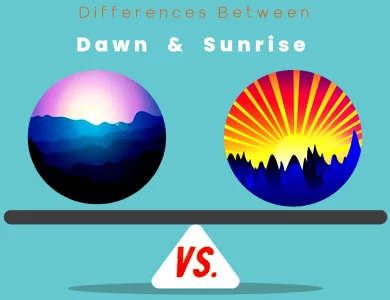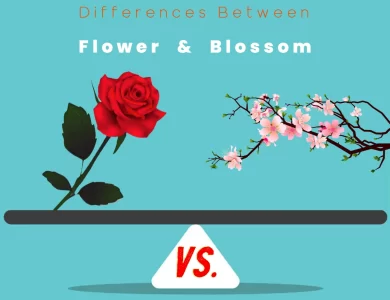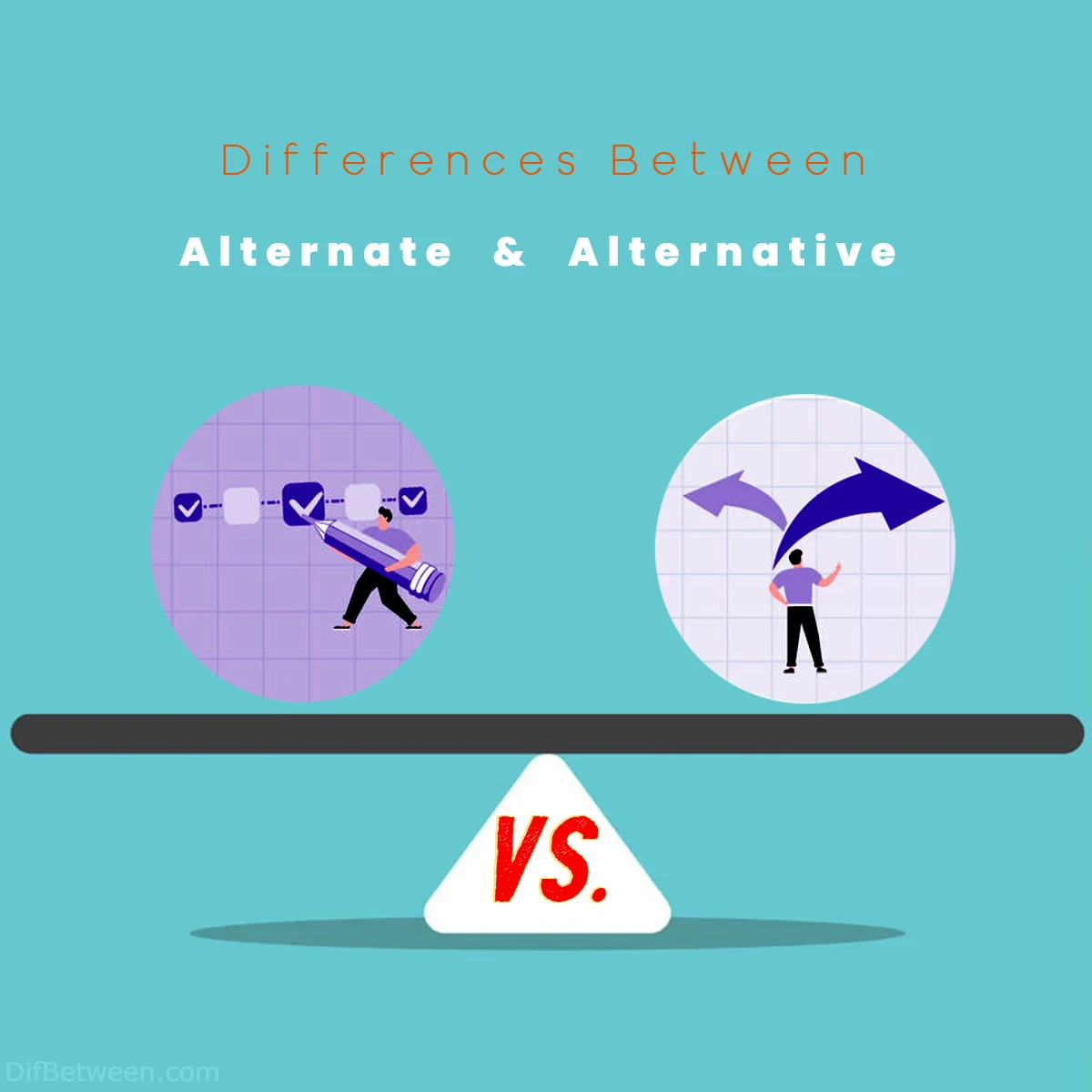
| Aspect | Alternate | Alternative |
|---|---|---|
| Part of Speech | Adjective (Adj), Verb (V) | Adjective (Adj), Noun (N) |
| Frequency | Every other instance | Diverse possibilities |
| Core Meaning | Taking turns or substitution | Different from the usual |
| Cyclical Pattern | Yes | No |
| Example (Adj) | An alternate route | An alternative solution |
| Example (V) | They alternate driving duties | He alternated between two choices |
| Example (N) | She is the team’s alternate player | We discussed the various alternatives |
| Synonyms | Substitute, replacement, secondary | Option, choice, different, unconventional |
| Antonyms | Primary, main, regular, continuous | Standard, traditional, usual, norm |
| Noun Forms | A substitute or replacement | One of the choices or options available |
| Regional Variations | Usage consistent across regions | Slight variations possible in British English |
| Etymology | From Latin “alternatus,” meaning “taken one after the other” | From Latin “alternativus,” meaning “a choice between two things” |
Imagine a world where every word serves as a brushstroke on the canvas of communication. In this linguistic masterpiece, “alternate” and “alternative” are like colors waiting to be wielded by a skilled artist. They may appear analogous at first glance, but a closer examination reveals their unique hues and brushwork.
Differences Between Alternate and Alternative
The main differences between “Alternate” and “Alternative” lie in their core meanings and usage. “Alternate” typically denotes a cyclical pattern or taking turns, suggesting something happening every other instance, while “Alternative” emphasizes providing diverse choices or options that differ from the norm. In essence, “alternate” suggests a recurring rhythm, such as alternate days, while “alternative” implies offering alternatives to the usual or traditional choices. Understanding these distinctions enables precise communication and ensures you use these words effectively in various contexts.
Definitions and Meanings
Alternate:
The word “alternate” primarily functions as an adjective or verb. Its core meaning revolves around the idea of taking turns or providing a substitute or replacement. When used as an adjective, “alternate” describes something that happens in succession, often in a repeating pattern. For instance, if you have a meeting on alternate Wednesdays, it means the meeting occurs every other Wednesday.
As a verb, “alternate” means to switch or take turns between two or more options or actions. For example, you might alternate between swimming and running as part of your fitness routine.
Alternative:
“Alternative,” on the other hand, serves as both an adjective and a noun. As an adjective, it refers to something that serves as an option or choice different from the usual or traditional one. An “alternative” solution or approach offers an alternative to the standard method.
As a noun, “alternative” signifies one of the choices or possibilities available in a given situation. For example, when discussing healthcare, you might consider alternative therapies alongside conventional medicine.
Usage Examples
Alternate:
- Adjective Usage:
- She takes the alternate route to avoid traffic on Fridays.
- The team practices on alternate days to accommodate everyone’s schedules.
- Verb Usage:
- They decided to alternate driving duties during the road trip.
- Please alternate the colors in the pattern to create a balanced design.
Alternative:
- Adjective Usage:
- He suggested an alternative method for solving the problem.
- The restaurant offers alternative vegan and gluten-free menu options.
- Noun Usage:
- We need to explore alternatives before making a final decision.
- What are the alternatives to using fossil fuels for energy?
Frequency and Repetition
One of the key distinctions between “alternate” and “alternative” lies in their association with frequency and repetition.
- Alternate: This word is often used to indicate a pattern of something occurring every other instance or in a cyclical manner. For example, if you have an alternate work schedule, it means you work on specific days and have days off in between.
- Alternative: In contrast, “alternative” emphasizes the availability of options or choices that are different from the standard or commonly accepted ones. It does not inherently imply a pattern of repetition or frequency but rather suggests a diverse range of possibilities.
Here’s a table summarizing the differences:
| Aspect | Alternate | Alternative |
|---|---|---|
| Part of Speech | Adjective, Verb | Adjective, Noun |
| Frequency | Every other instance | Diverse possibilities |
| Usage Example | Taking turns or substitution | Different from the usual |
| Cyclical Pattern | Yes | No |
Context Matters
Understanding the context in which you use these words is crucial for using them correctly. Let’s delve deeper into various contexts where “alternate” and “alternative” find their respective places.
A. Alternate:
- Sequence and Order:
- The committee members will take alternate turns speaking during the meeting.
- They planted trees in alternate rows to maximize sunlight exposure.
- Replacement or Substitution:
- I used an alternate email address for the online registration.
- In case of an emergency, we have an alternate evacuation route.
- Cyclical Patterns:
- She works an alternate schedule, with weekends off every other week.
- The traffic lights switch from green to red in an alternate fashion.
B. Alternative:
- Choice and Variety:
- The alternative energy sources include solar, wind, and hydroelectric power.
- He offered an alternative solution to the ongoing issue.
- Divergence from the Norm:
- The artist’s work is known for its alternative style, breaking away from traditional forms.
- We explored alternative routes to reduce our carbon footprint.
- Options and Decision-Making:
- What are the alternatives to the current marketing strategy?
- She presented several alternative investment opportunities for the company.
Noun Forms
Both “alternate” and “alternative” can function as nouns, but they convey different meanings in these forms.
- Alternate (Noun): When used as a noun, “alternate” refers to a person or thing that serves as a substitute or replacement when the primary option is unavailable. For example, in a sports team, the alternate player steps in when a team member is injured.
- Alternative (Noun): As a noun, “alternative” denotes one of the choices or options available in a given situation. It emphasizes the concept of having different possibilities to choose from. For instance, in healthcare, patients may seek alternatives to conventional treatments, such as acupuncture or herbal remedies.
Common Pitfalls
To ensure clarity in your communication, be aware of common pitfalls associated with the usage of “alternate” and “alternative.”
Pitfall 1: Confusing Verb Forms
- Incorrect: She suggested an alternate between two meeting locations.
- Correct: She suggested an alternation between two meeting locations.
Pitfall 2: Misusing “Alternative” as an Adjective
- Incorrect: He proposed an alternative solution for the problem.
- Correct: He proposed an alternate solution for the problem.
Pitfall 3: Using “Alternate” for Variety
- Incorrect: The restaurant offers an alternate menu for vegetarians.
- Correct: The restaurant offers an alternative menu for vegetarians.
Synonyms and Antonyms
Both words have synonyms and antonyms that can further help you grasp their meanings:
Alternate:
- Synonyms: substitute, replacement, other, secondary, backup
- Antonyms: primary, main, regular, continuous, constant
Alternative:
- Synonyms: option, choice, substitute, different, unconventional
- Antonyms: standard, traditional, usual, mainstream, norm
Practical Examples
Let’s explore some practical examples to further illustrate the usage of “alternate” and “alternative” in various contexts:
Transportation:
- Alternate: During rush hour, commuters often choose an alternate route to avoid traffic jams.
- Alternative: Some people opt for eco-friendly alternative modes of transportation like biking or carpooling.
Energy Sources:
- Alternate: The power plant uses an alternate generator in case of a blackout.
- Alternative: Renewable energy sources, such as wind and solar power, are considered environmentally friendly alternatives to fossil fuels.
Movie Choices:
- Alternate: They take turns selecting an alternate movie to watch on their movie nights.
- Alternative: When they couldn’t agree on a genre, they decided to explore alternative film options beyond their usual preferences.
Dietary Preferences:
- Alternate: She follows an alternate-day fasting diet, where she eats normally on one day and fasts the next.
- Alternative: Vegetarianism and veganism are alternative dietary choices for those who wish to avoid meat and animal products.
Medicine:
- Alternate: Some patients are advised to take an alternate medication if they experience adverse side effects with the primary one.
- Alternative: Complementary and alternative medicine (CAM) encompasses various non-conventional healthcare practices.
Etymology
The origins of words can offer valuable insights into their meanings and usage. Understanding the etymology of “alternate” and “alternative” can shed light on their development over time.
- Alternate: This word has its roots in the Latin word “alternatus,” which means “taken one after the other.” The sense of taking turns or following a pattern of succession is evident in its etymology.
- Alternative: “Alternative” is derived from the Latin word “alternativus,” which also signifies a choice between two things. The emphasis here is on providing different options rather than a strict sequence.
Regional Variations
Language is not static, and meanings of words can vary by region and culture. While the core distinctions between “alternate” and “alternative” remain consistent, there may be regional preferences or idiomatic uses that differ from the standard definitions.
For instance, in British English, “alternative” can sometimes be used more broadly than in American English, encompassing some meanings associated with “alternate.”
Conclusion
In the English language, precision in word choice is essential for effective communication. “Alternate” and “alternative” are prime examples of words that, while closely related, have distinct meanings and applications.
To recap:
- Alternate primarily relates to taking turns or substituting one thing for another in a cyclical or repeating manner.
- Alternative focuses on providing options or choices that differ from the usual or standard ones.
By mastering the usage of these words and recognizing their nuances, you can enhance your writing and speaking skills, ensuring that your messages are clear, concise, and contextually appropriate. Whether you’re discussing schedules, dietary preferences, or problem-solving approaches, you now have the knowledge to choose between “alternate” and “alternative” with confidence.
FAQs
The core difference is in their meanings and usage. “Alternate” implies a cyclical pattern or taking turns, often signifying something happening every other instance. “Alternative” focuses on offering diverse choices or options that differ from the usual or standard.
No, they cannot be used interchangeably. “Alternate” is associated with repetition and succession, while “Alternative” emphasizes providing different possibilities or choices.
Use “Alternate” as an adjective when describing something that occurs in a repeating pattern, and as a verb when indicating the action of switching or taking turns between options.
“Alternative” is used to describe something different from the standard or usual choice. For example, “She proposed an alternative solution to the problem.”
Yes, both words can function as nouns. “Alternate” as a noun refers to a substitute or replacement, while “Alternative” as a noun signifies one of the choices or options available.
Yes, common pitfalls include misusing verb forms, using “Alternative” as an adjective, and using “Alternate” for variety instead of a cyclical pattern.
While the core meanings remain consistent, slight variations in usage may exist in different English-speaking regions, particularly in British English.
Synonyms for “Alternate” include substitute, replacement, and secondary, while antonyms include primary and regular. Synonyms for “Alternative” include option, choice, and different, while antonyms include standard and traditional.
Pay close attention to the context in which you are using these words. Consider whether you are referring to a repeating pattern or presenting a different option to ensure clarity and precision in your communication.
You can explore a comprehensive guide on this topic in our blog titled “Differences Between Alternate vs Alternative” for an in-depth understanding of these words and their usage.
Read More:
Contents


